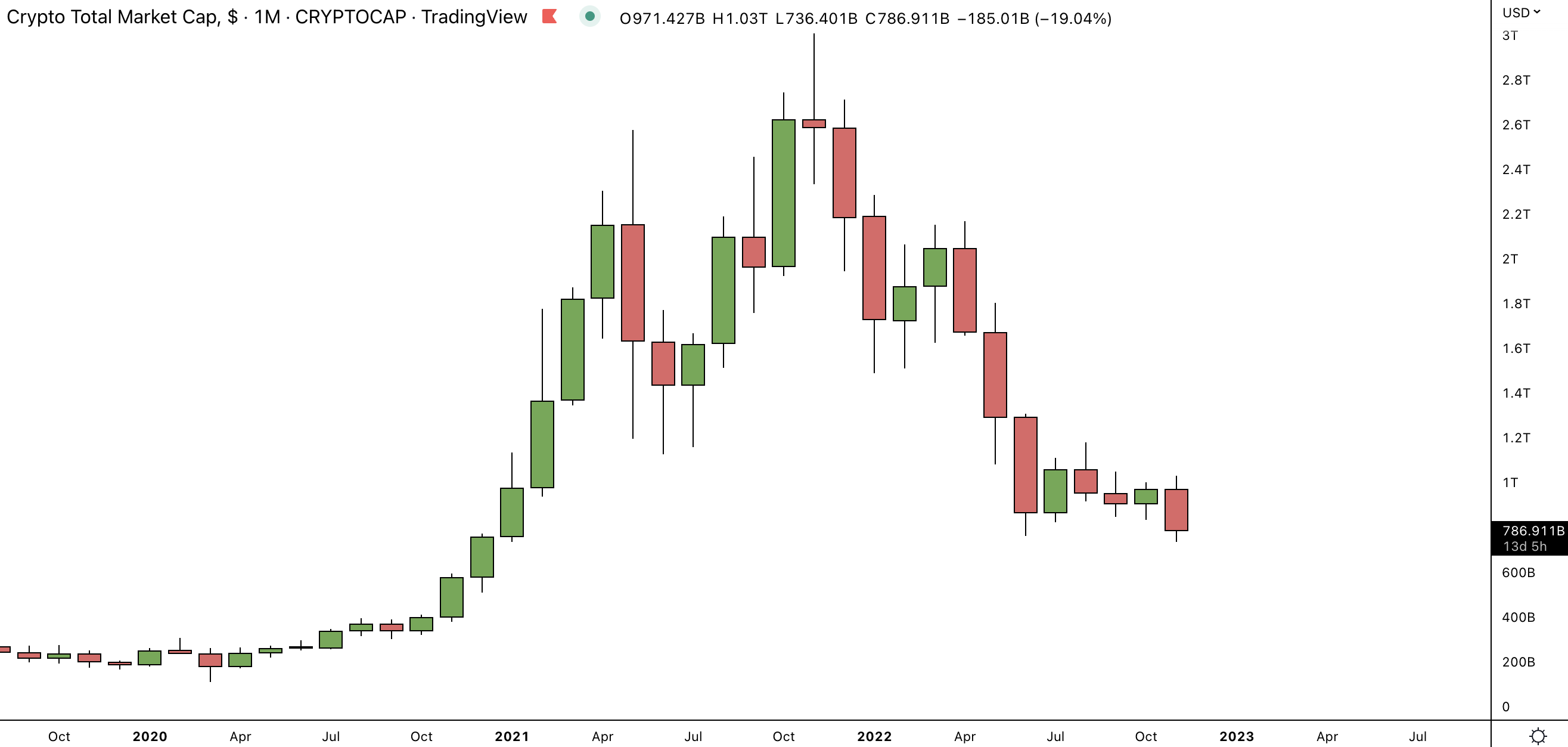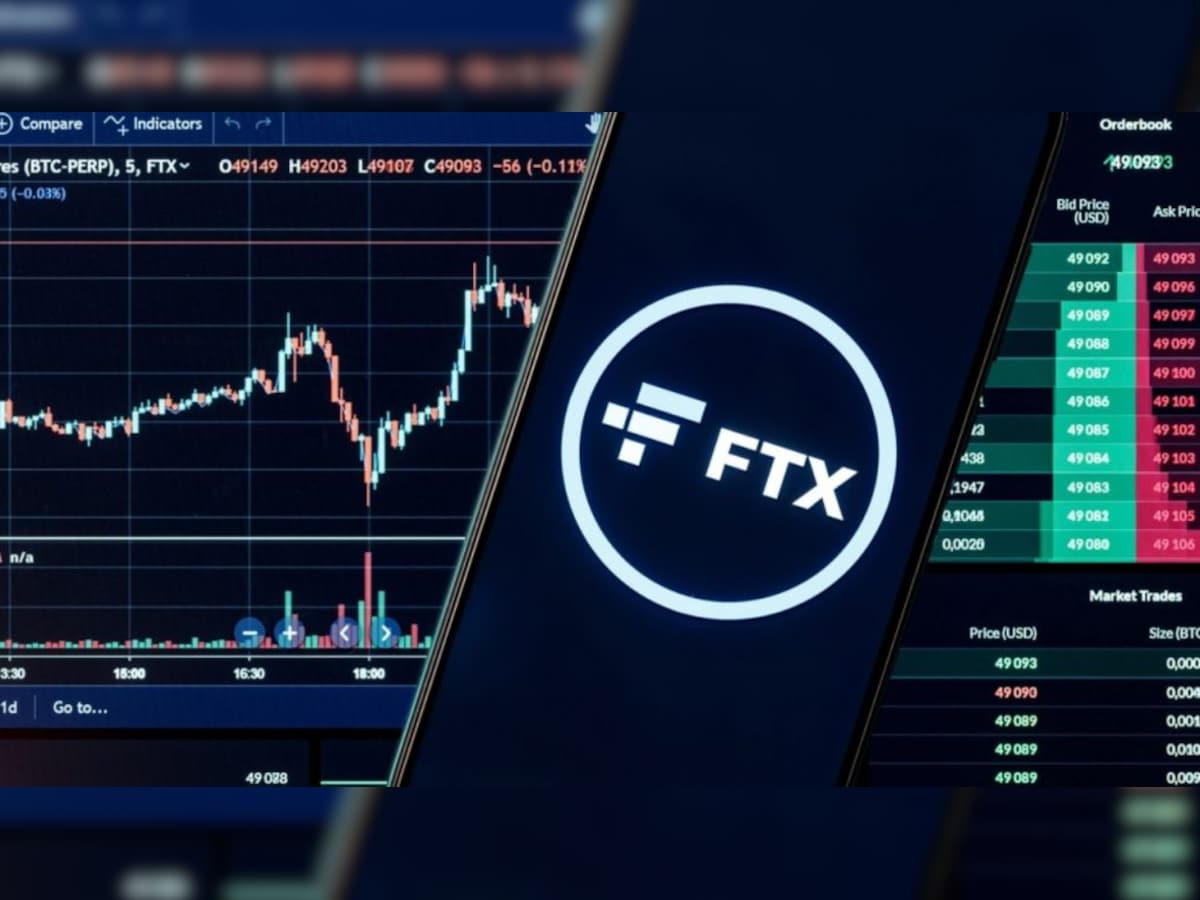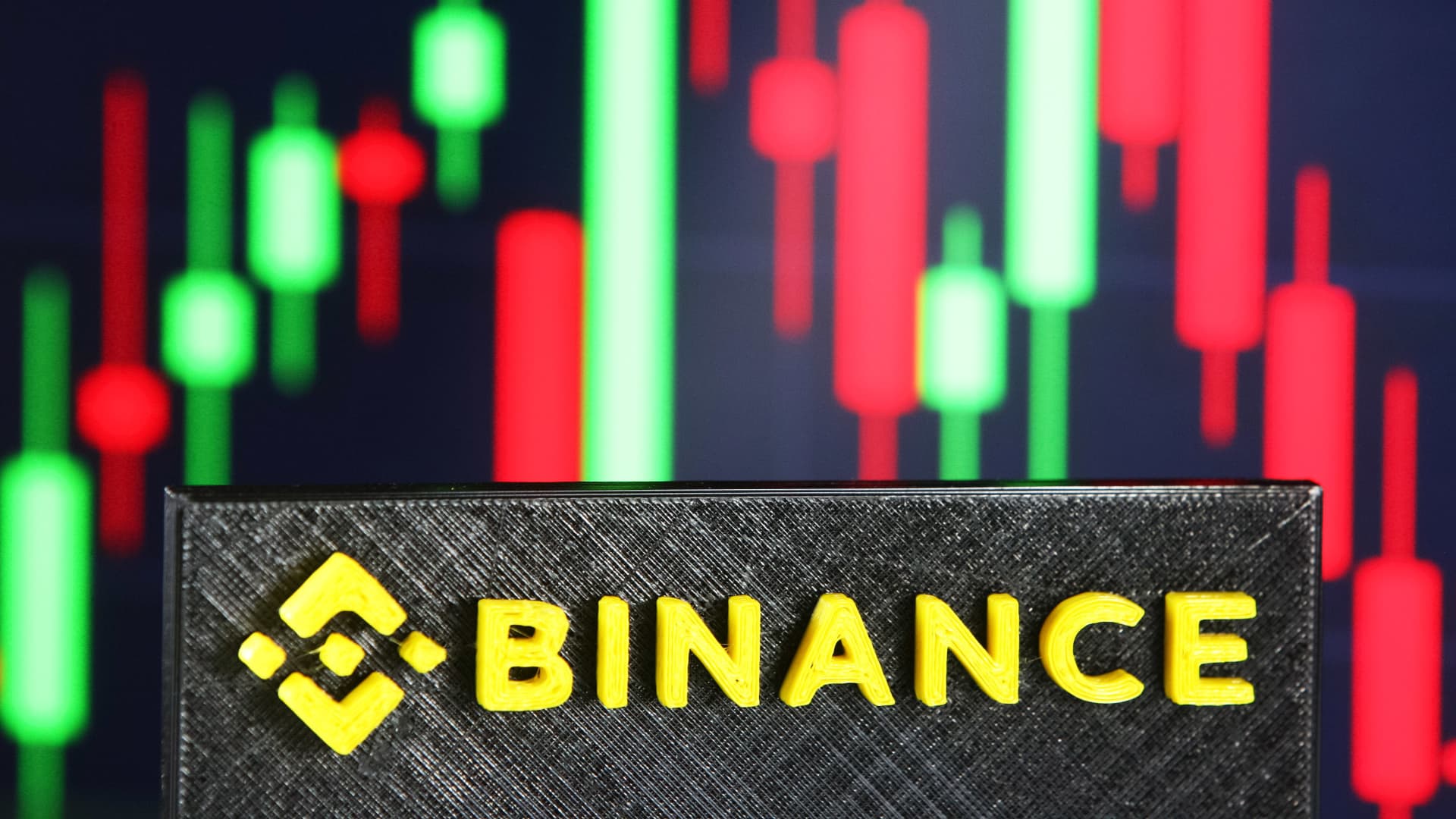Over the past few years, the cryptocurrency market has witnessed an extraordinary surge in its expansion, drawing in investors with the allure of decentralized finance and revolutionary advancements. Nonetheless, amidst its soaring trajectory, the cryptocurrency sector has encountered heightened regulatory examination and apprehensions regarding the integrity of the market. The recent occurrence of the FTX crash and the subsequent escalation of concerns surrounding potential market manipulation have emphasized the imperative for stringent regulatory measures aimed at safeguarding investors and fortifying the stability of the cryptocurrency market.
Three most crucial Crypto Regulation and FTX Crash:
“Cryptocurrencies, like Bitcoin and Ethereum, function within a completely independent system that bypasses the control of traditional governments and financial institutions. In stark contrast to fiat currencies, which are issued and closely monitored by central authorities, cryptocurrencies are decentralized digital assets that rely on blockchain technology for their operation. This inherent lack of a central governing body presents a significant challenge for regulators who are striving to develop comprehensive frameworks that can effectively oversee and manage the cryptocurrency market.”
- Regulatory Landscape: The regulatory landscape for cryptocurrencies varies significantly across jurisdictions, with some countries embracing crypto-friendly policies, while others adopt a more cautious or restrictive approach. Regulatory frameworks may encompass areas such as consumer protection, anti-money laundering (AML), know-your-customer (KYC) requirements, taxation, and investor disclosure.
- Challenges of Decentralization: Decentralization, a core tenet of cryptocurrencies, presents challenges for traditional regulatory frameworks accustomed to centralized oversight. Decentralized exchanges (DEXs), decentralized autonomous organizations (DAOs), and peer-to-peer (P2P) transactions complicate regulatory enforcement efforts and raise questions about jurisdictional authority.
- Emerging Regulatory Initiatives: In response to growing concerns about investor protection, financial stability, and illicit activities in the crypto market, regulatory authorities worldwide are ramping up efforts to establish clearer guidelines and oversight mechanisms. Initiatives range from enhancing AML/KYC regulations to imposing restrictions on crypto derivatives trading and stable coin issuance.

The Impact of FTX Crash and Market Manipulation Concerns:
The recent implosion of cryptocurrency exchange FTX, marked by a precipitous drop exceeding 90% in the price of Bitcoin futures contracts within a shockingly brief timeframe, has rekindled fervent discussions concerning potential market manipulation and the pressing need for more stringent regulations within the realm of crypto derivatives. While a definitive explanation for the crash continues to elude investigators, it has served to illuminate critical questions regarding the inherent vulnerability of cryptocurrency markets to manipulative forces and the effectiveness of current safeguards employed by regulatory bodies.
- Market Volatility: The extreme volatility witnessed in the aftermath of the FTX crash underscores the inherent risks associated with cryptocurrency investments. Price fluctuations, exacerbated by factors such as speculative trading, leverage, and algorithmic trading strategies, can lead to substantial losses for investors and disrupt market stability.
- Concerns About Market Manipulation: Allegations of market manipulation, including spoofing, wash trading, and insider trading, have long plagued the crypto industry. The FTX crash has brought these concerns to the forefront, highlighting the need for enhanced surveillance and enforcement measures to detect and deter manipulative practices.
- Investor Confidence: Instances of market manipulation and sudden price crashes erode investor confidence in the integrity and reliability of the crypto market. Without adequate regulatory oversight and investor protection mechanisms in place, retail investors may be hesitant to participate in crypto markets, limiting market liquidity and hindering mainstream adoption.

Addressing Regulatory Challenges amid FTX Crash:
As regulatory scrutiny of the crypto industry intensifies, stakeholders must collaborate to develop pragmatic solutions that balance innovation with investor protection and market integrity. Key considerations include:
- Global Coordination: Given the borderless nature of cryptocurrencies, international cooperation and coordination among regulatory authorities are essential to address regulatory arbitrage, cross-border illicit activities, and systemic risks to financial stability.
- Technology-Driven Solutions: Leveraging technology, such as blockchain analytics, artificial intelligence, and machine learning, can enhance regulatory surveillance capabilities and facilitate real-time monitoring of crypto transactions for suspicious activities.
- Transparency and Disclosure: Enhancing transparency and disclosure requirements for crypto issuers, exchanges, and service providers can improve market transparency, enable informed decision-making by investors, and mitigate the risk of fraudulent or deceptive practices.
- Educating Investors: Educating investors about the risks and complexities of investing in cryptocurrencies, including market volatility, regulatory uncertainties, and the absence of investor protections, is crucial for promoting responsible investing practices and minimizing the likelihood of financial harm.
Read this: Crypto-currency Frenzy Rekindled: Investors Pour $2.45 Billion;
Conclusion:
The recent collapse of the FTX Crash exchange, coupled with growing anxieties surrounding potential market manipulation within the cryptocurrency industry, has served as a stark reminder of the urgent need for comprehensive and robust regulatory frameworks. While cryptocurrencies undoubtedly possess immense potential to revolutionize financial landscapes and promote greater financial inclusion, the implementation of effective regulatory oversight is absolutely crucial. Such regulations should prioritize the protection of investors from fraudulent activity and unfair market practices.
Additionally, they should aim to uphold the integrity and stability of the cryptocurrency market as a whole. By fostering a climate of trust and confidence within the crypto ecosystem, these regulations can pave the way for a more sustainable and prosperous future for the industry. This path forward requires collaborative efforts from all stakeholders involved. Industry leaders, policymakers, and regulatory bodies must work together to develop pragmatic solutions that balance innovation with responsible oversight. By embracing technological advancements while implementing necessary safeguards, stakeholders can create a more resilient, transparent, and inclusive crypto market that benefits both investors and society at large.



